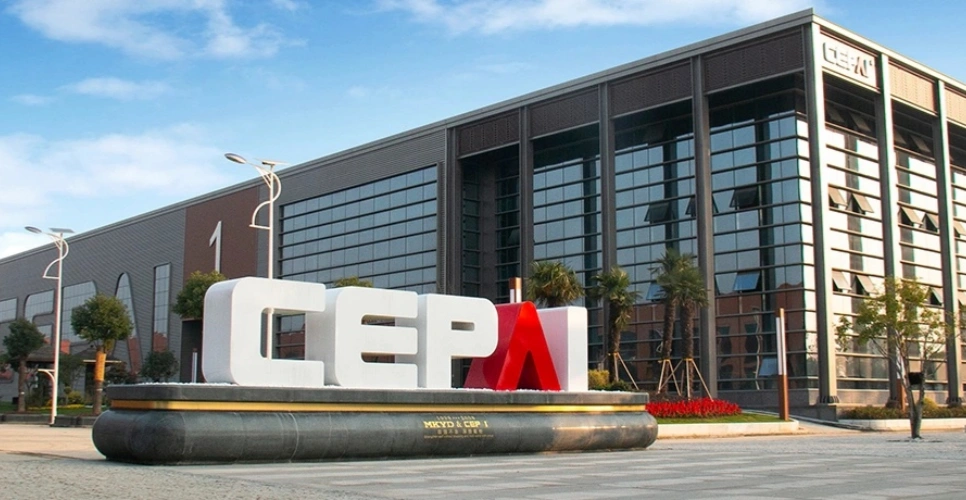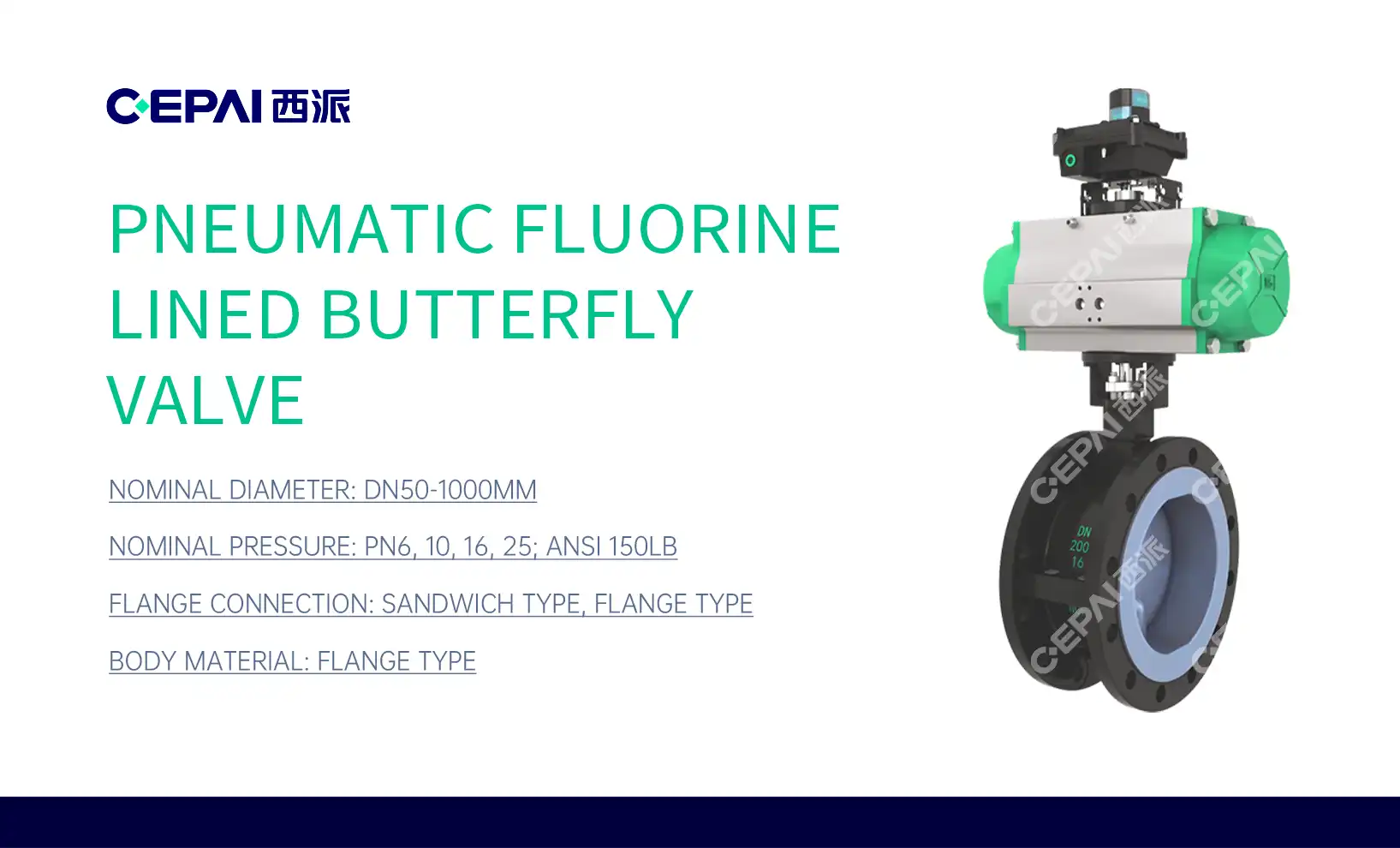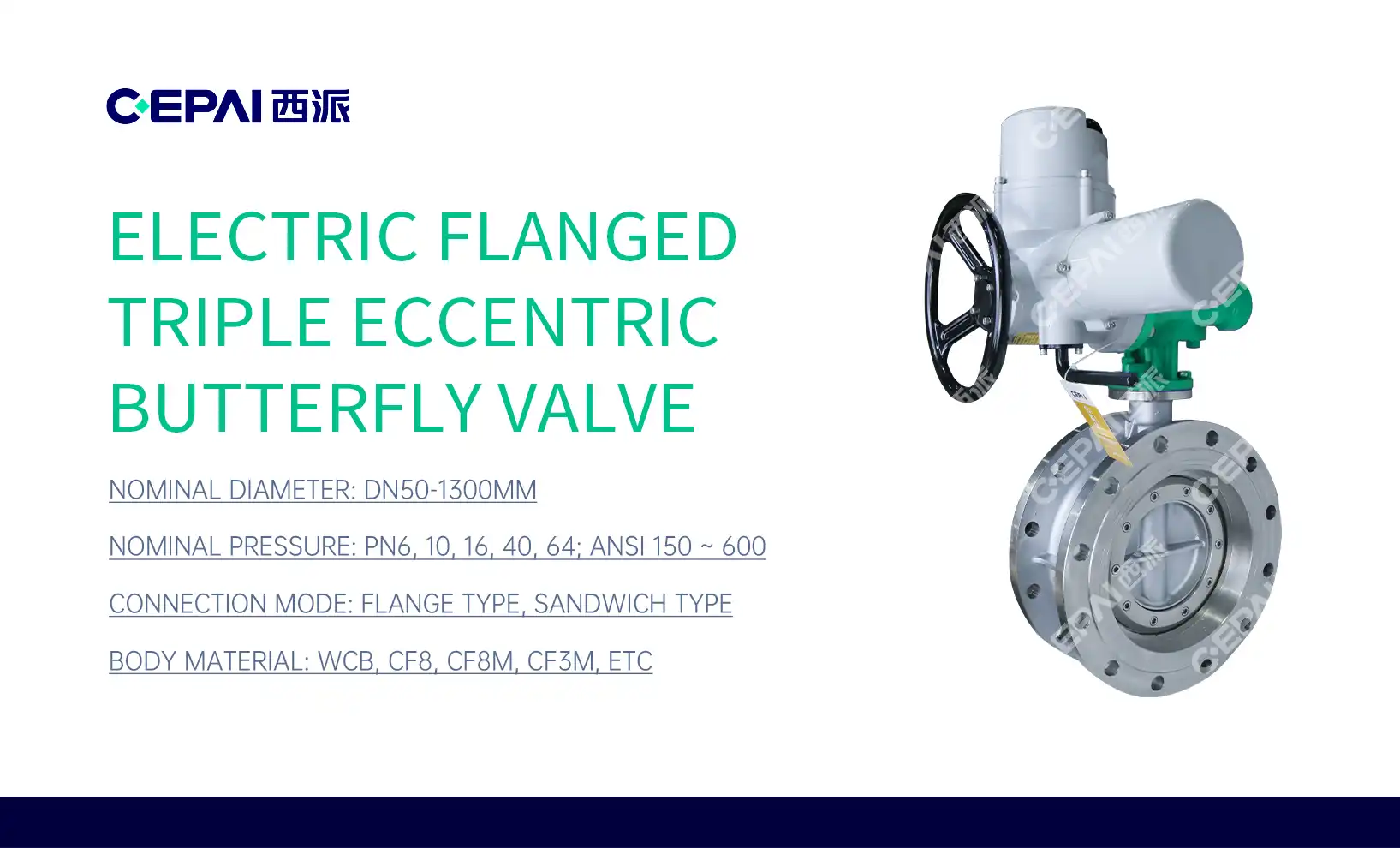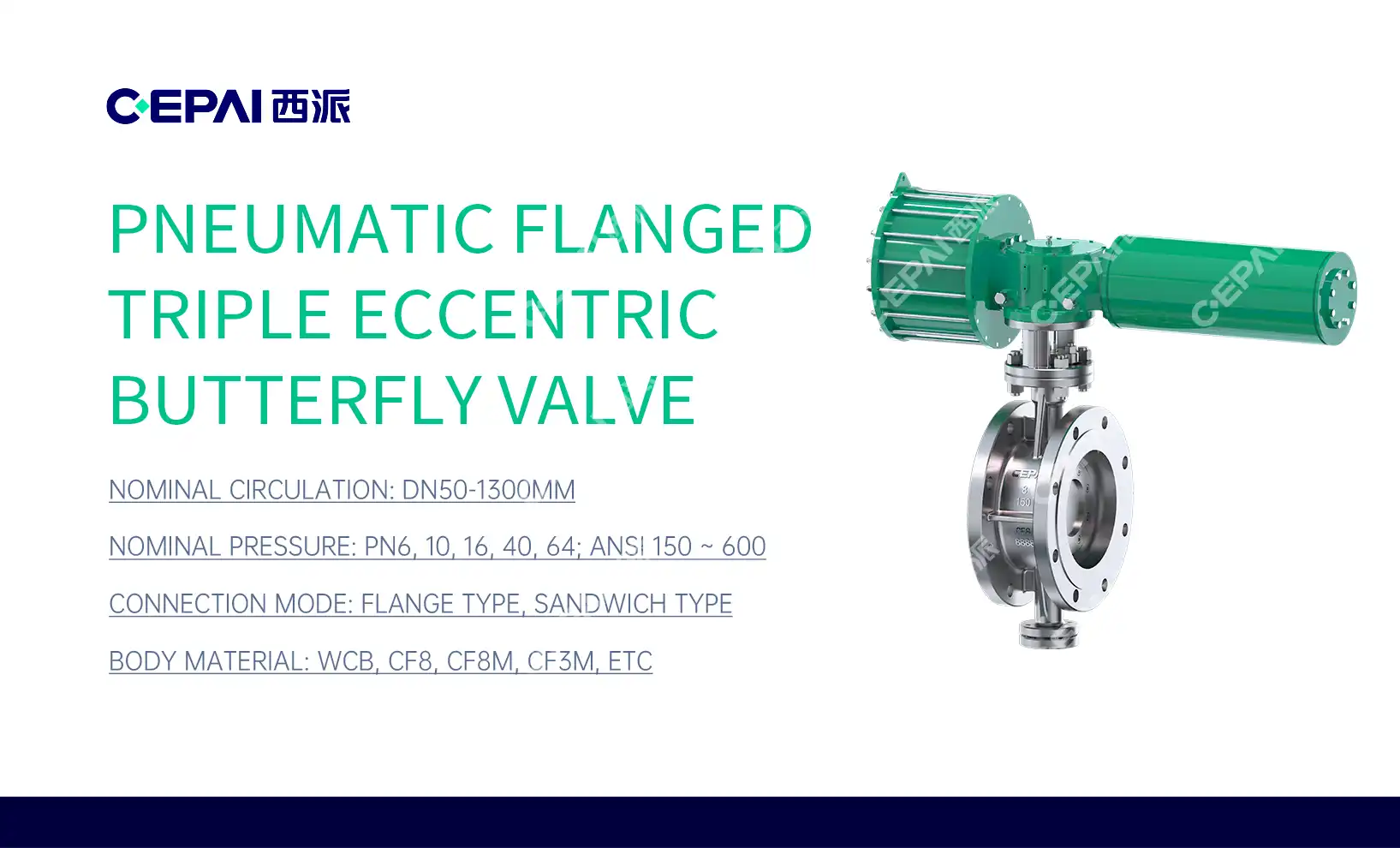The Evolution and Impact of Electric Valve Actuators in Modern Industry
Historical Development of Valve Automation
The journey of valve automation began with manual operation, progressing through pneumatic and hydraulic systems before reaching the era of electric actuation. Early electric actuators were simple on-off devices, but technological advancements have led to the development of sophisticated, modulating actuators capable of precise control. This evolution has been driven by the increasing demands for efficiency, reliability, and remote operation capabilities in industrial processes.
Advantages of Electric Valve Actuators
Electric control valves offer numerous benefits over their manual and other automated counterparts. They provide exceptional precision in valve positioning, allowing for fine-tuned control of flow rates and pressure. The ability to integrate with digital control systems enables remote operation and monitoring, enhancing safety and operational flexibility. Additionally, electric actuators are energy-efficient, require minimal maintenance, and can operate in a wide range of environmental conditions, making them ideal for diverse industrial applications.
Industry Transformation Through Electric Actuation
The adoption of electric valve actuators has transformed various industries. In oil and gas, these devices ensure precise control of flow rates and pressures, critical for both upstream and downstream operations. Water treatment plants utilize electric actuators for accurate chemical dosing and flow control, improving water quality and operational efficiency. In power generation, these actuators play a crucial role in managing steam flow and maintaining optimal plant performance. The manufacturing sector benefits from improved process control and reduced downtime, contributing to higher productivity and product quality.
Technological Advancements in Electric Valve Actuator Design
Smart Actuator Technologies
The integration of smart technologies has significantly enhanced the capabilities of electric valve actuators. Modern actuators are equipped with advanced sensors and microprocessors, enabling real-time monitoring of valve position, torque, and operational parameters. This data can be transmitted to control systems, facilitating predictive maintenance and optimizing process control. Smart actuators can also self-diagnose issues, reducing downtime and maintenance costs.
Energy Efficiency Innovations
Manufacturers are constantly innovating to improve the energy efficiency of electric control valves. New motor designs, such as brushless DC motors and high-efficiency permanent magnet motors, significantly reduce power consumption. Advanced power management systems optimize energy use during valve operation, while standby modes minimize power draw during idle periods. These innovations not only reduce operational costs but also contribute to sustainability goals by lowering overall energy consumption.
Enhanced Durability and Environmental Resistance
Modern electric valve actuators are designed to withstand harsh industrial environments. Advances in materials science have led to the development of corrosion-resistant alloys and high-performance polymers, extending the lifespan of actuators in challenging conditions. Improved sealing technologies protect internal components from dust, moisture, and chemicals, ensuring reliable operation in diverse settings. Some actuators are now certified for use in explosive atmospheres, expanding their applicability in hazardous industrial environments.
Implementation Strategies for Maximizing Electric Valve Actuator Performance
Proper Sizing and Selection
Selecting the right electric valve actuator is crucial for optimal performance. Factors to consider include the required torque, operating speed, duty cycle, and environmental conditions. Oversized actuators waste energy and may lead to premature valve wear, while undersized units may fail to provide adequate control. Conducting a thorough analysis of the application requirements and consulting with experts can ensure the selection of an appropriately sized and specified actuator, maximizing efficiency and reliability.
Integration with Control Systems
To fully leverage the capabilities of electric control valves, proper integration with control systems is essential. This involves selecting compatible communication protocols, such as HART, Profibus, or Modbus, to ensure seamless data exchange between actuators and control systems. Implementing a well-designed control architecture allows for coordinated operation of multiple actuators, optimizing process flow and enhancing overall system performance. Advanced control strategies, such as cascade control or model predictive control, can further improve process efficiency and stability.
Maintenance and Lifecycle Management
Implementing a comprehensive maintenance strategy is key to ensuring the longevity and reliability of electric valve actuators. Regular inspections, lubrication, and calibration checks can prevent unexpected failures and extend equipment life. Utilizing the diagnostic capabilities of smart actuators allows for condition-based maintenance, reducing unnecessary servicing and minimizing downtime. Developing a lifecycle management plan, including scheduled upgrades and replacements, ensures that actuator technology remains current and continues to meet evolving operational requirements.
Conclusion
Electric control valves have become indispensable in modern industrial operations, offering unparalleled control, efficiency, and reliability. As technology continues to advance, these devices will play an increasingly crucial role in optimizing processes, enhancing safety, and driving sustainability across various sectors. By understanding the capabilities, technological advancements, and implementation strategies associated with electric valve actuators, industries can harness their full potential to achieve operational excellence and maintain a competitive edge in today's dynamic market landscape.
Contact Us
Elevate your industrial processes with CEPAI Group's cutting-edge electric valve actuators. Our expertly engineered solutions offer superior control, efficiency, and durability, tailored to meet your specific operational needs. Experience the transformative power of advanced valve automation technology. Contact us today at cepai@cepai.com to explore how our innovative products can empower your industry.

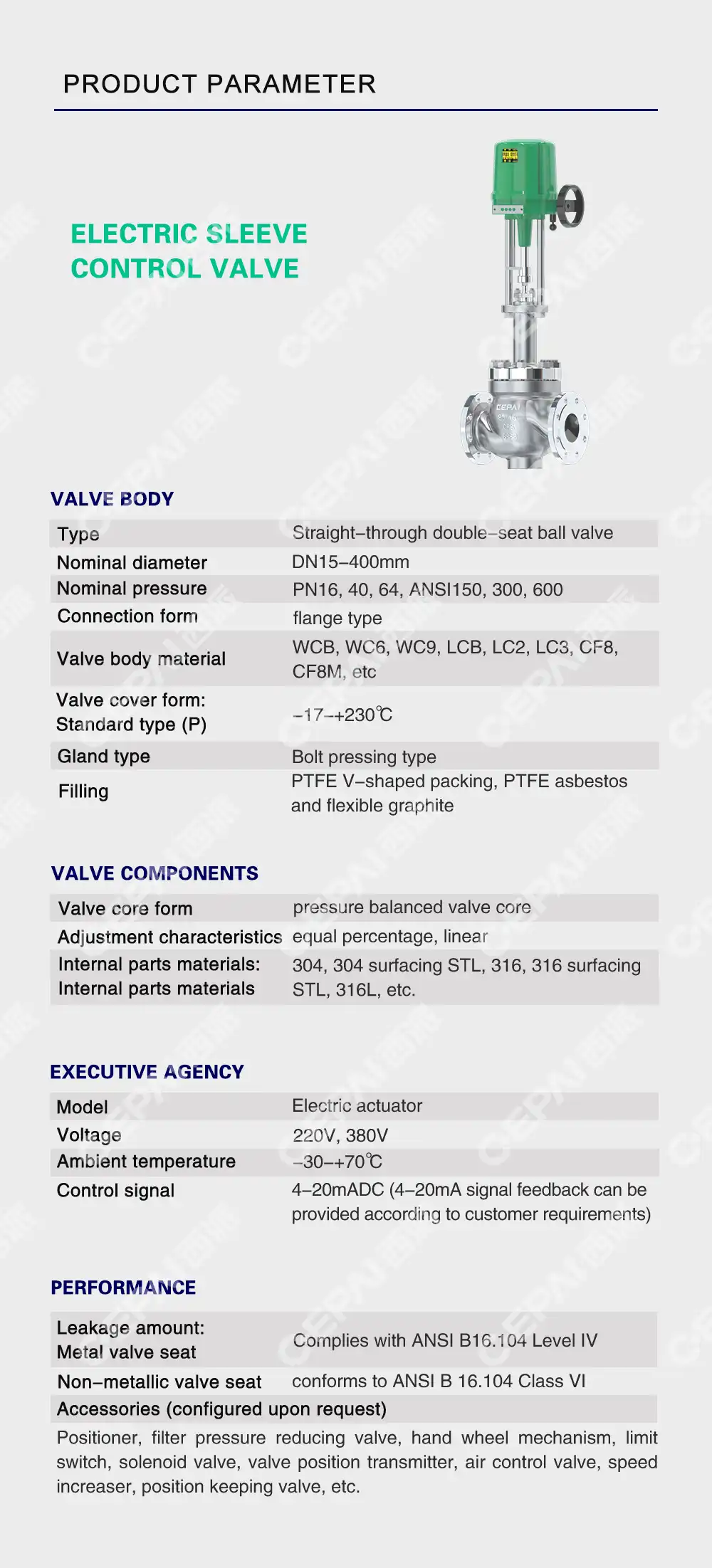
_1746598538016.webp)
